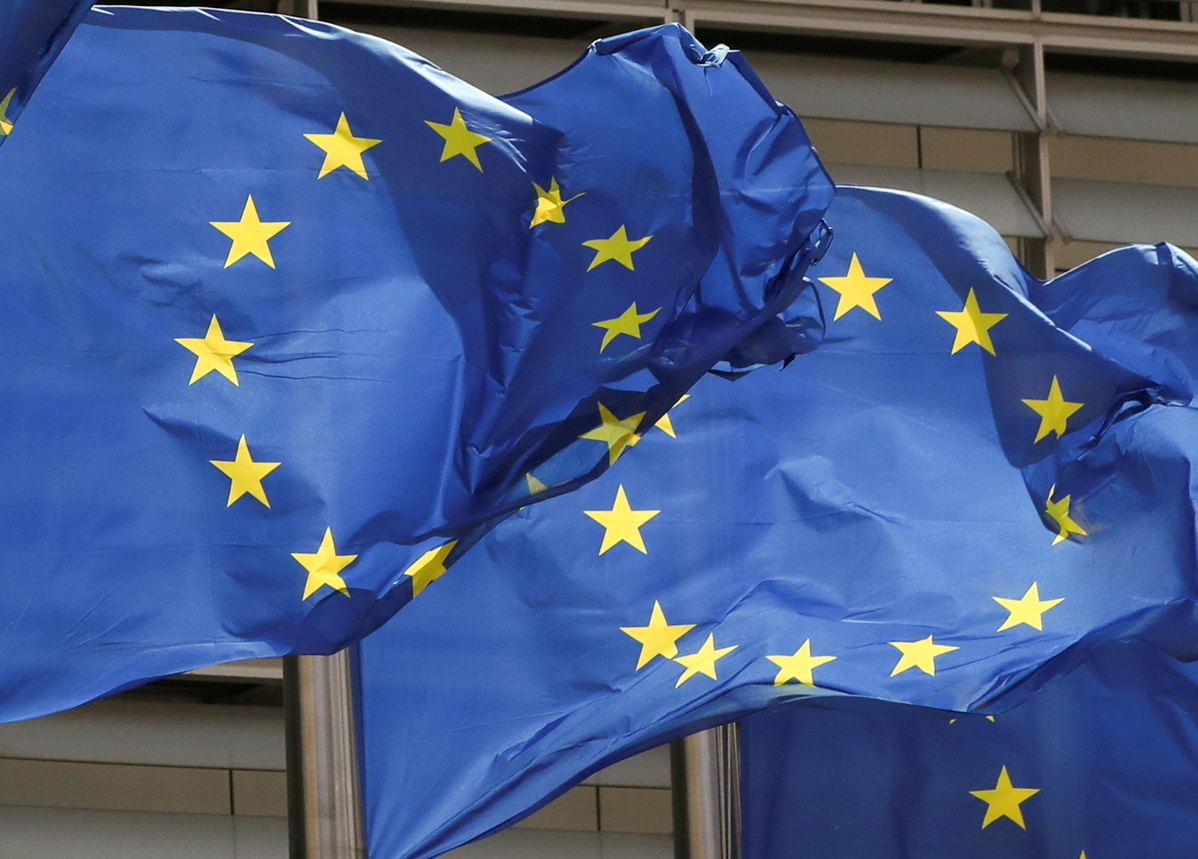EU's economic security strategy misguided and self-damaging


The three-year-long COVID-19 pandemic, the Russia-Ukraine conflict over the past 16 months and the growing geopolitical rivalry between China and the United States have caused growing anxiety among Europeans about their place in the world and their economic security.
Another major reason for the European Union's anxiety is the realization that it is no longer in a dominant position when it comes to some critical raw materials, technologies and supply chains. The EU's struggle to wean itself from Russian energy has been painful and a wake-up call for the bloc in the important matter of economic dependency.
The Joint Communication on European Economic Security Strategy, issued by the European Commission and the EU High Representative for Foreign Affairs on June 20, was meant to address such concerns.
The proposed strategy claims to set out a common framework for achieving economic security by promoting the EU's economic base and competitiveness, guarding against risks, and partnering with the broadest possible range of countries to address shared concerns and interests.
But a careful look at the wide-ranging risks listed, from the so-called resilience of supply chains and technology leakage to the actions to be taken, from the review of foreign direct investment screening regulation to export control regulation and outbound investment, reveals the strong protectionist measures the EU proposes to take despite its claim to preserve "maximum levels of economic openness and dynamism".
Such a strategy runs the risk of violating World Trade Organization rules of non-discrimination.
National security and economic security have become the most abused terms since the Donald Trump administration unleashed various protectionist and unilateral trade measures. The Trump administration even called German cars a national security threat to the US, triggering an outcry in Germany.
Many have interpreted the European Economic Security Strategy as targeting China without naming it. But the EU is far more dependent on the United States than on China, and the fact that Trump, if re-elected, or another Trump-like president may use the same or even stricter policies against the EU means that China is much less of a threat to the bloc's economic security.
There is no example of China threatening the EU's economic security, because China knows full well that economic interdependence means that both sides will lose if supply chains are weaponized.
For example, ASML, the Dutch chipmaking equipment manufacturing giant, could lose China's market of more than 1.4 billion people if it were forced by its government to restrict exports to China, largely due to the relentless pressure of the US.
Also, the arms embargo imposed on China by the US and the EU over the last three-plus decades has not prevented China from modernizing its military technology and strengthening its military. On the contrary, the arms embargo has helped China to take a great leap forward in military technology.
Using the EU's excuse, China could also argue that the EU is a threat to its economic security since China depends so much on European companies. European companies such as Siemens and Ericsson have been deeply involved in China's critical infrastructure. But instead of demonizing those European companies, China welcomes them, because economic cooperation has benefited both sides.
The best way to bolster economic security is to boost mutual trust so that neither side uses trade or supply chains as a weapon against the other.
Treating each other as threats and sowing suspicion will only create more economic insecurity. And tightening export controls and investment screening, and building more non-tariff barriers will not only dampen free and fair competition, but also hurt the growth of EU member states, many of which are still struggling to recover from the impacts of the pandemic and the spillover effects of the Russia-Ukraine conflict.
The European Economic Security Strategy in many places smacks of paranoia and protectionism, and could be a self-fulfilled prophecy that could make the EU economy less open, less secure and less prosperous.
































